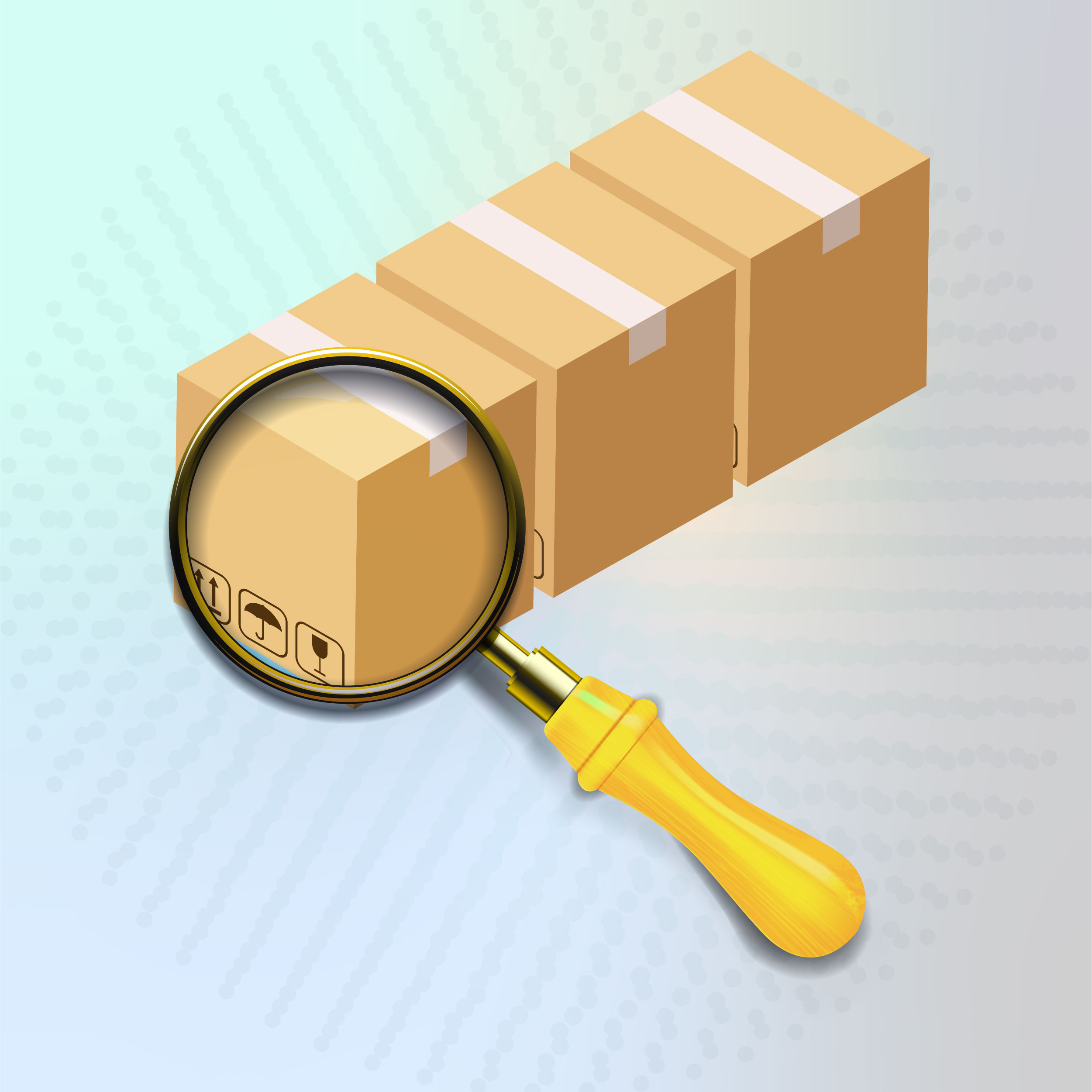Importing goods into a country is a complex process that requires knowledge of a range of laws and regulations, including customs clearance. Customs clearance is the process of getting imported goods released by customs authorities, and it involves a range of tasks such as preparing and submitting documents, paying taxes, and complying with regulations. This article provides a comprehensive guide to customs clearance for imported goods.
Understanding Customs Clearance
Customs clearance is a crucial step in the importing process. It involves the procedures that importers need to complete before their goods can enter a country legally. Customs clearance is necessary in ensuring that imported goods comply with the laws and regulations of the country of import, and to prevent the entry of prohibited or illegal goods.
The Role of Customs Authorities
Customs authorities are responsible for enforcing customs regulations and policies, as well as collecting import taxes and duties. They also conduct inspections to ensure that imported goods meet safety and quality standards. Customs authorities may also require additional permits or certificates for certain products, such as agricultural goods, medicines, or chemicals.
The Customs Clearance Process
The customs clearance process typically involves several steps, including:
Filing import declarations: Importers need to file an import declaration with customs authorities, providing details of the imported goods and the importer's information. The import declaration needs to be accurate and complete, including information such as the quantity, value, and description of the goods.
Paying import taxes and duties: Importers need to pay import taxes and duties, which are typically calculated based on the value of the goods. The amount of taxes and duties vary depending on the country of import and the type of goods.
Inspections and compliance checks: Customs authorities may inspect the imported goods to ensure that they meet safety, quality, and other regulatory standards. Importers may also need to provide additional documentation or certificates to comply with specific regulations.
Release of goods: Once the customs clearance process is complete, customs authorities will release the imported goods to the importer.
Customs Clearance Documentation
To complete the customs clearance process, importers need to provide various documents to customs authorities. The documents required may vary depending on the country of import and the type of goods, but typically include the following:
Commercial invoice: An invoice that details the value of the imported goods, as well as information about the buyer and seller.
Bill of lading: A document that provides details of the shipment, such as the origin, destination, and type of goods.
Packing list: A list that details the contents of each package in the shipment.
Import license: A permit that grants the importer the right to import certain goods.
Certificate of origin: A document that confirms the origin of the imported goods.
Other permits and certificates: Depending on the type of goods, importers may need to provide additional licenses or certificates, such as phytosanitary certificates for agricultural goods or certificates of conformity for electrical products.
Choosing the Right Customs Broker
Importers often work with customs brokers to manage the customs clearance process. A customs broker is a licensed professional who specializes in customs regulations and procedures. Customs brokers can help importers navigate the customs clearance process, ensure compliance with regulations, and reduce the risk of delays or fines.
When choosing a customs broker, it is important to consider factors such as experience, expertise, and reputation. Importers should also look for customs brokers who have experience dealing with the specific type of goods being imported, as well as with the customs authorities in the country of import.
Tips for Successful Customs Clearance
Classify your goods correctly - Accurate classification of goods is critical for customs clearance. Each type of product has a specific tariff code, and the wrong code can lead to delays and penalties.
Provide complete and accurate documentation - Customs requires a variety of documents, including commercial invoices, bills of lading, and packing lists. Ensure that all documents are complete and accurate, and provide them to customs promptly.
Pay customs duties and taxes promptly - Customs duties and taxes can add up quickly, so be prepared to pay them promptly. Delays in payment can result in additional fees and penalties.
Use a customs broker - A customs broker can help you navigate the customs clearance process and ensure that all requirements are met. They can also help you save time and money by identifying potential issues before they arise.
Communicate with your supplier - Communication with your supplier is essential for successful customs clearance. Ensure they are aware of all relevant regulations and requirements and provide them with the necessary documentation in a timely manner.
Be prepared for inspections - Customs may inspect your goods to ensure compliance with regulations. Be prepared for inspections by ensuring that your goods are properly packaged and labeled and that you have all necessary documentation on hand.
Stay up-to-date on regulations - Customs regulations can change frequently, so it's essential to stay up-to-date on any changes that may impact your imports. Subscribe to relevant newsletters and follow industry news to stay informed.
Consider using a customs bond - A customs bond is a type of insurance that ensures that customs duties and taxes will be paid if you are unable to pay them. A customs bond can provide peace of mind and protect you from potential financial losses.
Conclusion
Customs clearance is an essential process for any business importing goods from overseas. It can be a complex and time-consuming process, but with the right knowledge and resources, it can be managed efficiently and effectively. By understanding the regulations and requirements, preparing the necessary documentation, and working with a reputable customs broker or freight forwarder, businesses can avoid delays, penalties, and other complications.
It is important to stay up to date with changes in customs regulations and seek guidance from experts as needed. With careful planning and execution, businesses can successfully navigate the customs clearance process and ensure their imported goods arrive on time and in compliance with all applicable laws and regulations.




